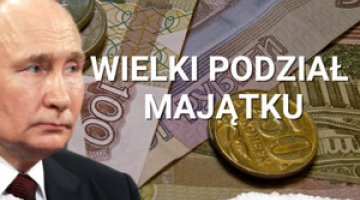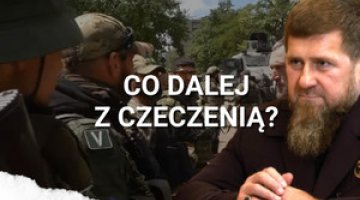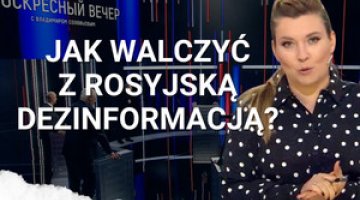The crisis in the Russian Presidential Council for Human Rights
In recent weeks a dozen of members has left the Presidential Council for the Development of Civil Society and Human Rights, an advisory body to the President of the Russian Federation. Most of them are people of liberal sympathies: authorities in the field of human rights, representatives of NGOs, experts and opinion makers (including Dmitry Orieshkin, Svetlana Gannushkina, Yelena Panfilova, Emil Pain, Lyudmila Alekseyeva and Igor Jurgens).Currently, 23 of the original 40 members retain their posts, but more are considering leaving. In addition, the Council’s president Mikhail Fedotov has not ruled out the possibility that if fewer than 20 people remain in it, he will also resign. The reasons for the members’ departure include the falsification of parliamentary and presidential elections, the government ignoring the Council’s opinions and recommendations, as well as the participants’ failure to consent to a new system proposed by the Kremlin for appointing members, based on the results of online voting.
This body (which was first founded as a Commission in the 1990s, and has operated since 2004 as a Council), was supposed to be a flagship institution working to ensure compliance with human rights and encourage social initiatives in Russia. In 2011 during Dmitry Medvedev’s presidency, the Council’s powers were increased; this was the government’s response to demands by some of the elite members gathered around Medvedev for the democratisation of socio-political life in Russia, and was intended to demonstrate the government’s positive intentions in this matter to international opinion.
Commentary
- The government is not taking any steps to preserve the Council in its existing form, which may even lead to its dissolution. The current government’s attitude to the crisis in the Council is a further evidence that the Kremlin is clearing away all activities initiated by Dmitri Medvedev which had been aimed at creating an atmosphere of more openness to the democracy and dialogue with civil society. The Kremlin’s position demonstrates that the new president's administration is not committed to any liberalisation of socio-political life in Russia, nor is it even interested in maintaining the appearance of good intentions in this area.
- The gradual, voluntary resignations of Council members is a convenient way for the government to get rid of activists who have been critical against Kremlin’s policy. Although the actual impact of the Council’s decisions has been negligible, it drew international attention to some controversial political issues. The opinions and expertise it issued, including reports of irregularities in the trial of former Yukos owner Mikhail Khodorkovsky and regarding the death of Hermitage Capital lawyer Sergei Magnitsky (who died in Russian custody), were cited internationally and reinforced the arguments of the Kremlin’s critics.
-
The state of human rights in Russia has aroused disquiet among national and international human rights activists and international institutions (in recent years reports and resolutions on this subject have been issued by Freedom House, Amnesty International and the European Parliament, among others). The international community’s attention has been drawn to the impunity for perpetrators of legal violations and attacks on opposition activists, independent journalists and lawyers. However, the Russian government has not accepted the suggestions of international organisations concerning this matter.





